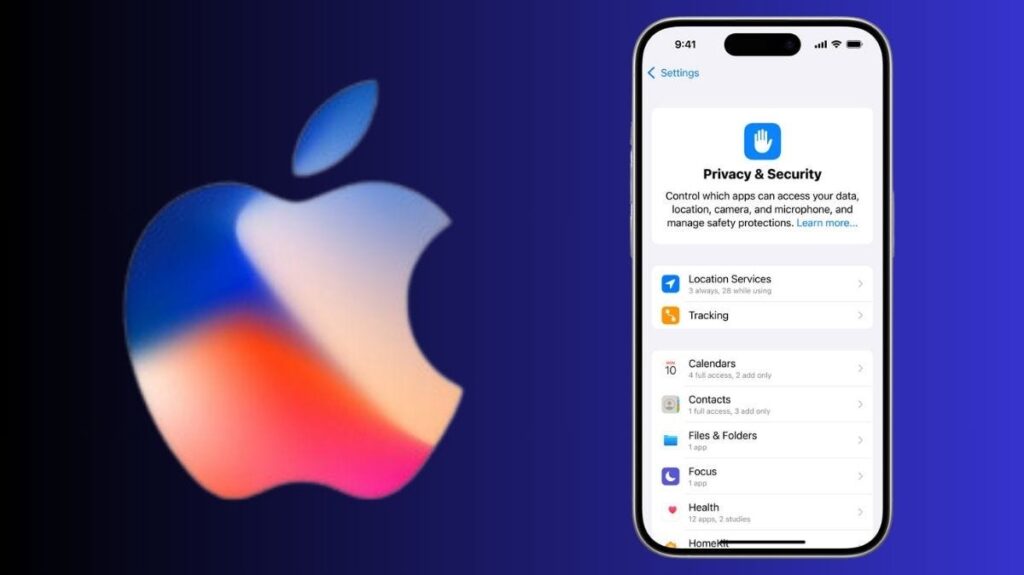
In the rapidly evolving world of technology, artificial intelligence (AI) stands out as a pivotal force driving innovation and transformation. Apple, a company renowned for its commitment to user privacy and seamless user experiences, is now making strides to ensure AI is not only powerful but also personal. Here’s how Apple is reshaping the landscape of personal AI:
1. Enhanced Privacy Features
Apple’s approach to AI is heavily influenced by its staunch stance on privacy. Unlike many other tech giants, Apple prioritizes on-device processing, ensuring that user data stays private and secure. With features like differential privacy and end-to-end encryption, Apple’s AI capabilities can learn and improve without compromising user confidentiality.
2. Personalized User Experience
Apple is leveraging AI to create more personalized experiences across its devices. Through machine learning algorithms, Siri, Apple’s virtual assistant, has become more adept at understanding user preferences and behaviors. This allows Siri to provide more relevant suggestions, reminders, and proactive assistance tailored to individual needs.
3. Health and Wellness Integration
With the introduction of advanced health monitoring features in devices like the Apple Watch, AI plays a critical role in personal health management. From tracking fitness activities to monitoring heart health and sleep patterns, AI helps users gain deeper insights into their well-being. Personalized health recommendations and alerts ensure users can take timely actions to maintain or improve their health.
4. Smart Home Ecosystem
Apple’s HomeKit, powered by AI, offers a personalized smart home experience. By learning user routines and preferences, HomeKit can automate and optimize home environments. For instance, it can adjust lighting, temperature, and security settings based on the time of day and user habits, making homes more comfortable and energy-efficient.
5. Adaptive Learning
Educational tools on Apple devices use AI to adapt to each learner’s pace and style. Applications like Swift Playgrounds, which teaches coding, utilize machine learning to offer personalized feedback and challenges, fostering a more engaging and effective learning environment.
6. Seamless Multidevice Experience
Apple’s AI seamlessly integrates across its ecosystem of devices. Features like Handoff, Universal Clipboard, and Continuity Camera use AI to provide a unified experience. This means users can start an activity on one device and easily continue it on another, with AI ensuring the transition is smooth and context-aware.
7. Proactive Assistance
AI-driven features like Siri Suggestions anticipate user needs by analyzing daily routines and usage patterns. For example, Siri might suggest calling a contact you frequently speak with at a certain time, or opening an app you often use in a particular context, all while respecting user privacy.
Future Directions
Apple’s ongoing investments in AI research and development indicate a future where AI becomes even more personal and integrated into everyday life. Advances in natural language processing, contextual understanding, and augmented reality are expected to further enhance how users interact with their devices. Apple’s focus on ethical AI ensures that these advancements will continue to prioritize user trust and privacy.
Conclusion
Apple’s vision for AI is not just about cutting-edge technology but also about making it personal, intuitive, and secure. By embedding AI into the fabric of its ecosystem, Apple is creating more meaningful and personalized user experiences. As AI continues to evolve, Apple’s commitment to privacy and personalization positions it as a leader in delivering AI that truly understands and enhances individual lives.













